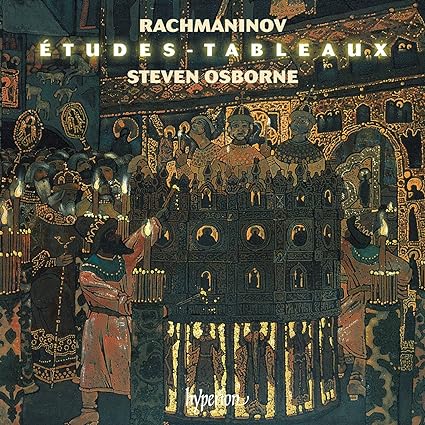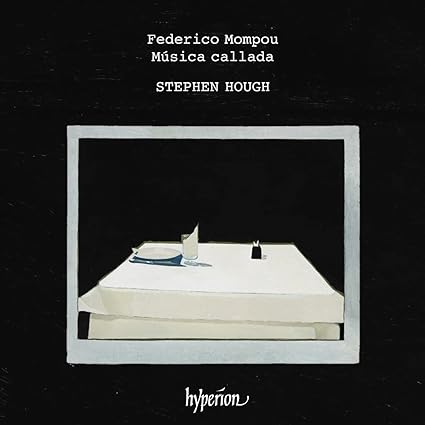Todd A
pfm Member

I waited a bit to buy Herbert Schuch’s latest for no reason. See, I knew it would be good, so no rush. And good it is. The disc mixes Schubert and Janacek, something Schuch did before, and if at first blush they do not seem like a good pairing, that is not the case.
First, the disc starts off with a fresh, new recording of the D899 Impromptus. Schuch delivers a corker of a set. The SOTA sound allows one to hear his keen observation of dynamic markings – ff will blow the listener back in his or her listening seat, while pp will invite the listener to lean forward. And when one sees fz in the score, one hears it from the loudspeaker. Legato playing can and does sound like the musical equivalent of a string of black pearls. More than those basics, Schuch brings his nuanced touch and his ability to make his piano sing, and to deliver longs chains of notes with pristine clarity (like in the A-Flat Major). There is drama, humor, beauty, fearsomeness, everything, all condensed into four short movements. Oh, yes, this works well indeed.
Second comes the blending of composers, mixing the Moments Musicaux with a half-dozen excerpts from Janacek’s On an Overgrown Path. The first two musical moments sound darker and smoother than the Impromptus, with some nifty pedaling effects tossed in, and that fine dynamic control. As with his blending of Beethoven Bagatelles and Ligeti’s Musica Ricercata, Schuch knows how and when to shift seamlessly from one composer to the next, and here the second D780 piece trails off right into the second piece from Janacek’s work, which maintains a similar sound, register, and mood, and then imperceptibly morphs into some of the most beautiful Janacek piano playing yet recorded. The shift back to Schubert jars a bit, but it does not seem out of place, especially as the brief movement trails off before the third piece from the Janacek repeats the same type of jarring juxtaposition, just in reverse. Schuch then places the first movement from the Janacek next, delivers it sublimely, then moves to a jaunty, pokey fourth musical moment, with some in your face left hand playing. That offers some continuity with some of the playing in the following The Madonna of Frydek, which also has the most beautiful Janacek piano playing I’ve heard. The striking contrast between the faster, louder music, and the impossibly gentle and beautiful playing brings to mind Pogorelich’s playing of Chopin’s B minor Scherzo. The Schubert Allegro vivace pushes things hard and fast-ish, and then They chatter like swallows starts off almost recklessly rushed, though perfectly controlled. The pairing and playing styles work flawlessly. Given the back and forth to this point, it is predictable and predictably fine to follow a somber but not overly weighed down Allegretto with a punchy, defiant take on The barn owl has not flown away!. If I can nitpick, the only think I can think of is that Schuch did not offer more of the same.
Schuch remains one of the few artists whose recordings I make it a point to purchase when they come out, or shortly thereafter. This is easily a purchase of the year, as expected.



